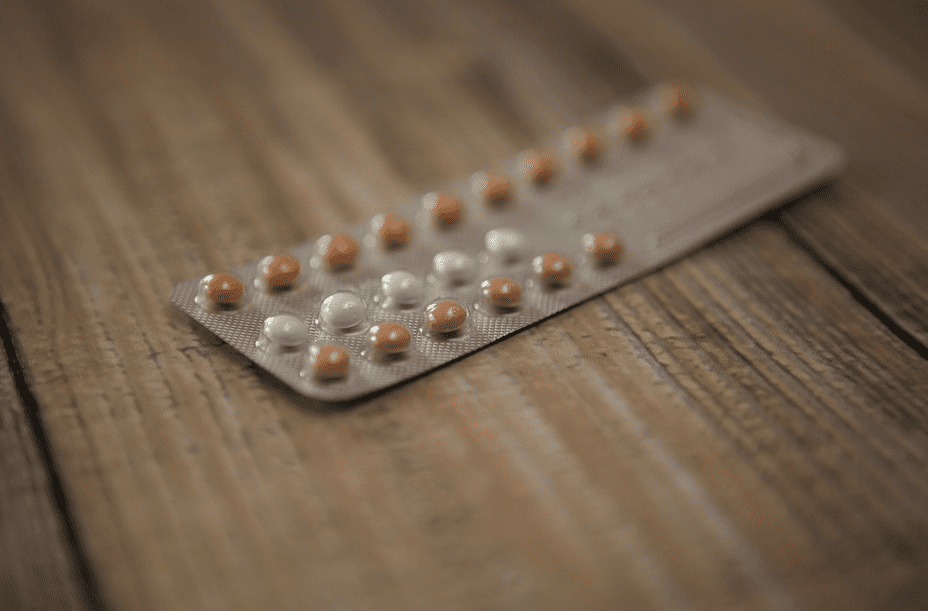Dr. Michael Grossman, a renowned anti-aging specialist, delves into the topic of hormone replacement therapy (HRT), shedding light on its safety and benefits. Over the years, there has been extensive debate about whether HRT is a safe and effective option, especially concerning the changing hormone levels in the body as we age. Dr. Grossman’s expertise in this area provides a valuable perspective on the matter.
HRT primarily involves the replacement of hormones that decrease with age, such as estrogen, progesterone, and testosterone. In the past two decades, the landscape of HRT research has evolved significantly. Around 20 years ago, initial research indicated a complex mix of positive and negative effects of hormone replacement, particularly concerning estrogen and progesterone. These hormones are crucial, particularly for women who enter menopause and experience a decline in these hormone levels.
A significant turning point in the discussion was the study of 20,000 nurses around the year 2000, which indicated that hormone replacement therapy, specifically using synthetic progesterone (progestin), was associated with higher rates of cancer and heart disease. This finding led to a widespread caution against HRT, with the perception that hormones like estrogen and progesterone were inherently dangerous. However, a subsequent revelation emerged: the differentiation between natural hormones and their synthetic counterparts was critical.
Synthetic progestins, like medroxyprogesterone (Provera), were found to have potent but detrimental effects when used over extended periods. Conversely, natural human progesterone exhibited milder effects, aiding sleep, mood, and reducing the incidence of cancer and heart disease. However, natural progesterone remains underutilized due to its low cost, which doesn’t attract substantial research investments from pharmaceutical companies.
Further research has revealed that the proper utilization of hormone replacement therapy, particularly involving natural hormones like estrogen and progesterone, can lead to significant health improvements. Two studies conducted around 2012, encompassing 1,000 women in Europe and 500 women in the United States, showed that women who utilized these natural hormones over five to ten years exhibited a longer, healthier lifespan compared to those who did not undergo such therapy. Moreover, using natural estrogen topically, rather than orally, brought about a range of benefits, from reduced cancer and heart disease risk to enhanced memory and stronger bones.
The significance of testosterone in HRT has also become apparent, for both men and women. When administered topically, testosterone plays a crucial role in muscle strength, stamina, brain clarity, and libido. Extensive research indicates that when properly monitored, testosterone therapy contributes to longevity and reduced heart disease risk. It’s important to note that monitoring estrogen levels and managing red blood cell counts is crucial to ensure the optimal outcomes of testosterone therapy.
In addition to estrogen and testosterone, other hormones like growth hormone and thyroid hormone play vital roles in the aging process. Growth hormone, in particular, has a substantial impact on muscle strength, brain function, skin tone, memory, and more. The use of releasing peptides to stimulate the body’s natural production of growth hormone has proven effective in maintaining youthfulness and vitality.
In conclusion, Dr. Michael Grossman’s comprehensive overview of hormone replacement therapy highlights the evolution of research and understanding over the years. While initial studies cast doubts on the safety of HRT, a nuanced approach involving natural hormones and proper monitoring has demonstrated significant health benefits, leading to improved longevity and overall quality of life.




